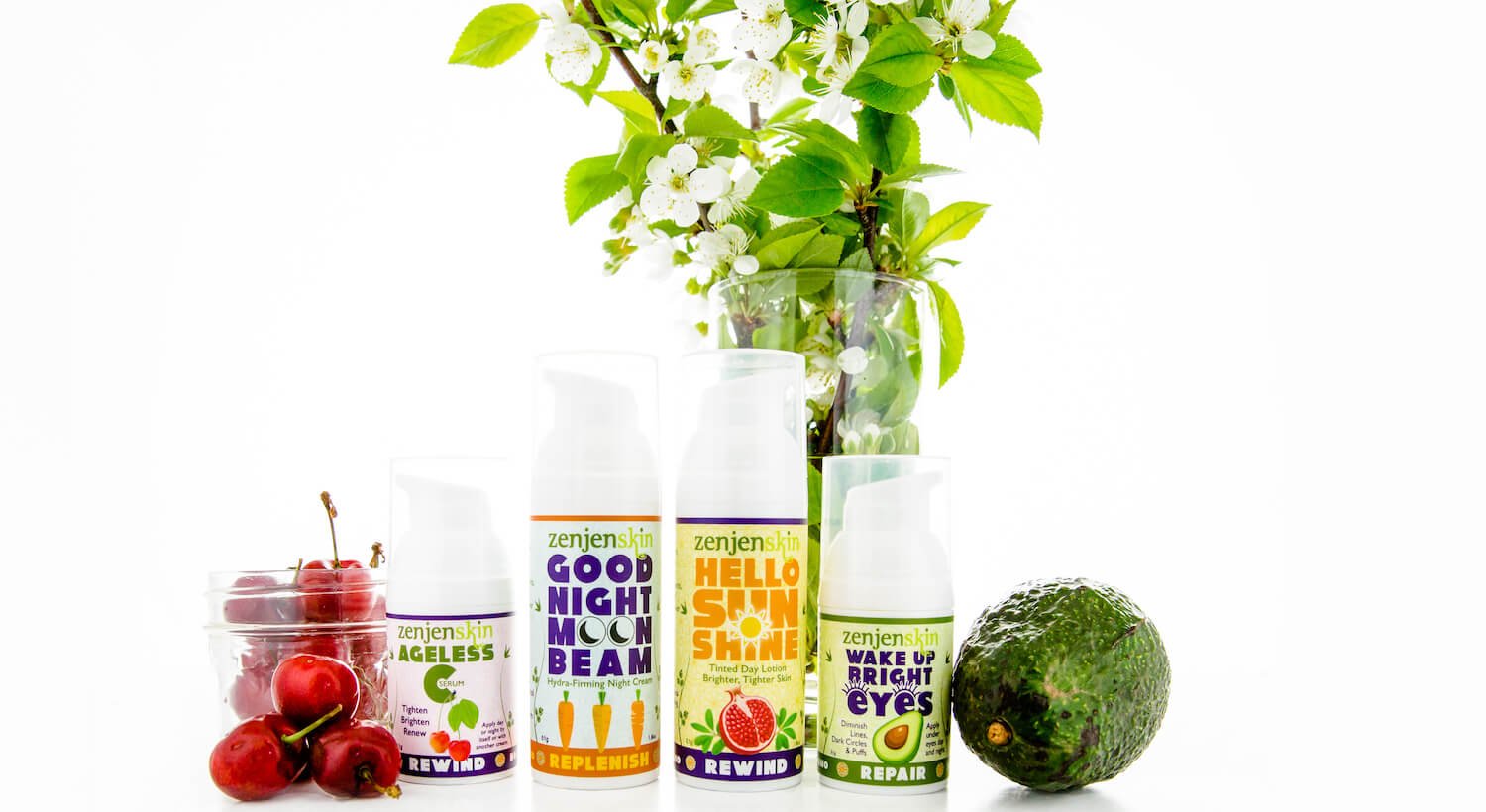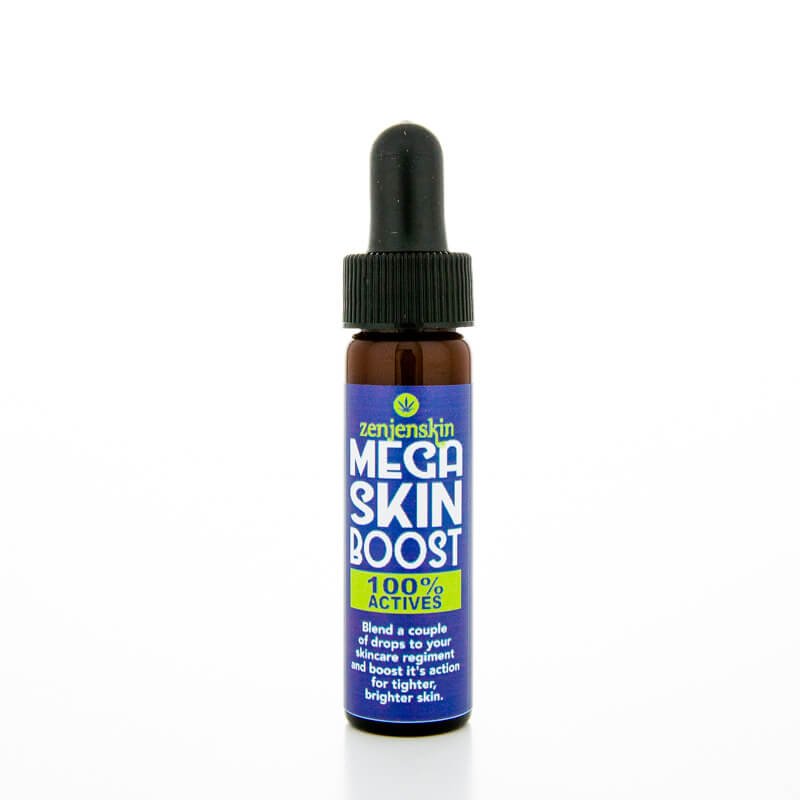
Pure Natural Skincare
It’s that simple.

Non GMO ~ Vegan ~ Paraben Free ~ Gluten Free ~ No Animal Testing ~ No Chemicals
ZenJenSkin products are artisan blended to re-define ageing-simply. We make all our skincare products from scratch. All of our ingredients are plant based and suitable for even the most sensitive skin. So, you can use them as often as you like!
Shop Our Best Sellers
A Little About Our Products
Revitalize and Moisturize Your Skin
Revitalize dry, flaky skin and give your skin the moisture it so desperately craves-and needs.
Promote Healthy Skin
Our organic and sustainable ingredients are the perfect match for sensitive skin.
Ethically Sourced
You can sleep easy knowing we only use ethically sourced natural raw materials.
ZenJenSkin’s Quest
I’m a minimalist, so I like to keep things as simple as possible. I was tired of looking at skin care products with a million ingredients on the label. And I certainly didn’t want to use 20 different creams to get the results I wanted.
Living the Blue Ridge Mountains of Asheville, NC, and traveling many times to the Amazon jungle, I set out on an adventure to find the most nutrient dense, superfoods on the planet. I finally discovered all the ingredients I needed to make a excellent organic skin care solutions.
I only handcraft small batches of my artisan blended products at any one time. I use only the freshest plant-based ingredients and fuse them with moisturizing and active elements to produce an amazing, skin-loving result.
I designed my products to be-simple, to be pure, and to be multi-purpose. I handcrafted each product to perform a variety of duties: Promoting hydration, soothing to the soul, and to achieve younger-looking healthy skin. Best of all, they are perfect use with sensitive skin. What more could you ask for?
Are you ready to try the Zen difference?






